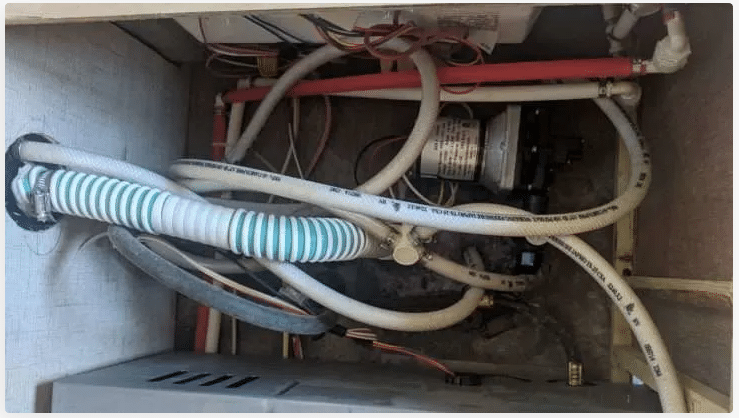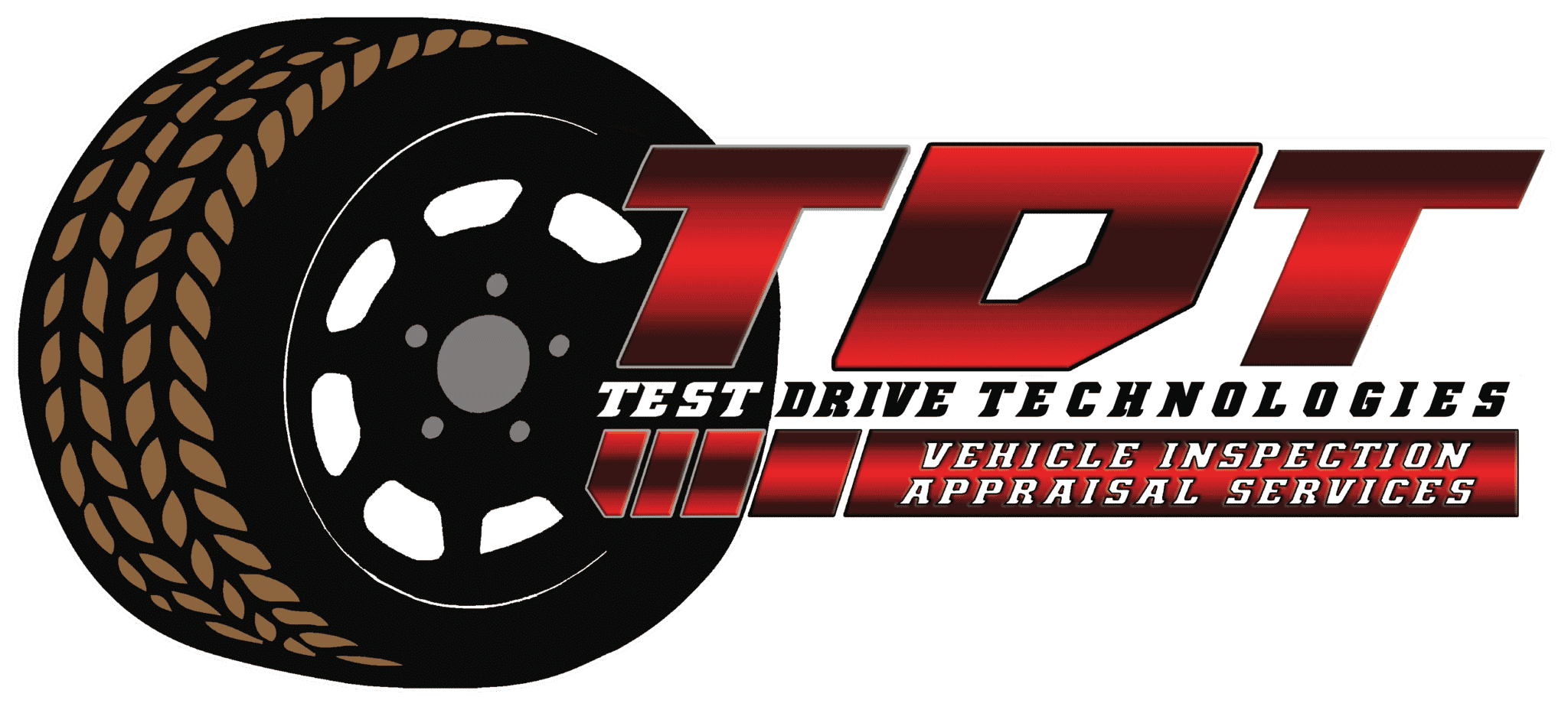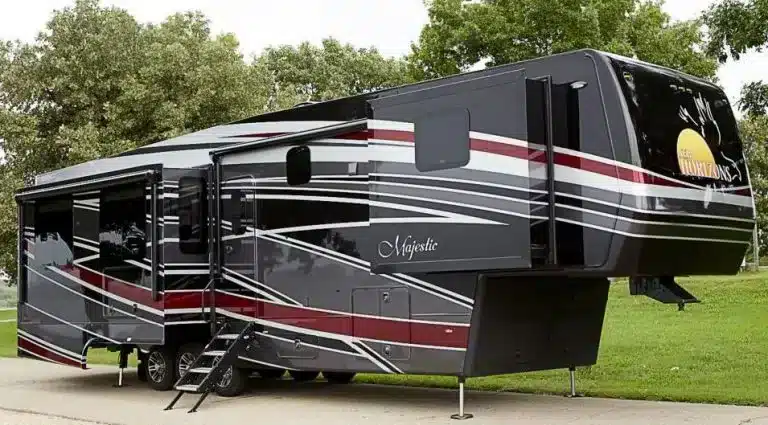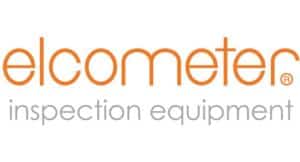Here are some of the most common camper, travel trailer and 5th wheel problems to watch out for when buying a NEW or USED RV.
Camping can offer some of the most relaxing and rewarding ways to travel, vacation, and even live full-time in some cases. However, this experience can be marred by constant RV problems for unfortunate owners. Here is a list of the most common on-the-road or trip failures that can either make or break what should be a tranquil journey.
Plumbing problems: Burst water lines and broken water pumps are the two most common plumbing problems in travel trailers. These problems can be caused by a variety of factors, including age, wear and tear, and improper maintenance.

RV plumbing problems can range from minor annoyances to more serious issues that require professional attention. Leaking pipes or connections can occur in various parts of the RV’s plumbing system, including pipes, fittings, and connections, often due to loose connections, cracked pipes, or deteriorated seals. Clogged drains are common problems caused by the accumulation of food particles, hair, soap scum, and other debris. RV toilets can experience problems like clogs, leaks, or improper flushing. Some toilets in RVs use a macerator system, which can also develop issues.
Water pump problems can lead to low water pressure or no water flow at all. RV water heaters might malfunction, resulting in no hot water, inconsistent water temperature, or leaks. Freezing pipes can occur in colder temperatures, potentially causing pipes to burst. Gray and black tank issues, like clogs, improper draining, or sensor problems indicating incorrect levels, can arise. Low water pressure might result from clogged filters, partially closed valves, or issues with the water pump.
Unpleasant odors can come from the gray or black tanks if they aren’t properly maintained and cleaned. Water quality concerns can arise, and using a water filtration system can help improve the taste and quality of the water. Problems with water inlet and outlet valves, such as being stuck, can lead to water supply or drainage issues. Regular maintenance and preventive measures are crucial to avoiding many of these problems. For more complex issues, seeking help from a professional RV technician or plumber with RV plumbing system experience is advisable. Maintaining your RV’s plumbing system and addressing issues promptly can ensure a trouble-free experience.
RV Toilet problems: RV toilets can be finicky and prone to problems. Common issues include clogged toilets, leaking seals, and malfunctioning flush mechanisms.
RV toilet problems can be frustrating and disruptive to your travel plans. These issues often stem from the unique nature of RV toilets and their plumbing systems. Common problems include clogs, which can result from excessive toilet paper or waste buildup. To prevent clogs, it’s advisable to use RV-friendly toilet paper and be mindful of what you flush.
Leaking is another issue that can occur at various points of the toilet, such as the base, seals, or connections. Leaks can lead to water damage and unpleasant odors inside your RV. Flushing problems may arise, including weak or incomplete flushing. This can be due to a faulty flush mechanism, insufficient water pressure, or problems with the water supply.
Improper sealing between the toilet bowl and the holding tank can degrade over time, allowing odors to escape into the living area. This is particularly problematic in the confined space of an RV interior. Some RV toilets use macerator systems that grind waste before sending it to the holding tank. Issues with the macerator can result in poor waste disposal and backups.
Water valve problems are also common, affecting the water flow into the toilet bowl and potentially causing inadequate flushing or water leakage. Additionally, RV toilet systems might emit unpleasant odors due to poor ventilation, improper sealing, or a buildup of waste and bacteria in the holding tank.
Tank sensors that indicate waste levels can become inaccurate or malfunction, causing confusion about tank levels. To address these problems, consider following the manufacturer’s maintenance guidelines, regularly inspecting seals, educating users on proper toilet usage, and seeking professional assistance for diagnosis and repairs when needed. Proper maintenance and timely solutions can help ensure a more pleasant and trouble-free RV travel experience.
RV Tire problems: Trailer tires are subject to a lot of wear and tear, especially on rough roads. Tire blowouts are a common problem, and they can be dangerous if they happen while you are towing the trailer.
RV tire problems can create significant safety risks and impact the overall travel experience. Due to the weight and structure of RVs, tire issues can lead to accidents or breakdowns if not promptly addressed. Common problems include tire blowouts, which result from overloading, underinflation, or hitting road hazards. Blowouts can lead to loss of control and potential accidents.
Uneven or excessive tread wear can compromise road grip and reduce tire traction. This wear can be caused by improper inflation, misalignment, or suspension issues. Underinflation is a common problem for RVs due to their weight, leading to overheating, reduced fuel efficiency, poor handling, and an increased risk of blowouts.
Conversely, overinflated tires can result in an uneven contact patch with the road, leading to reduced ride comfort, uneven wear, and vulnerability to road hazards. Damaged sidewalls with cracks, bulges, or cuts weaken the tire’s structure and heighten the risk of blowouts. The age of RV tires can also impact their integrity, as rubber deteriorates over time, making them more susceptible to cracking and failure.
Using tires with an insufficient load rating for an RV’s weight can stress the tires and lead to failure. Tire imbalance can result in vibrations that cause discomfort and increase wear on tires and suspension components. Moreover, improper storage of RVs can lead to flat spots and tire deterioration over extended periods.
To address these issues, it’s important to regularly inspect tires for wear, damage, and cracks. Maintain proper tire pressure according to manufacturer guidelines. Ensure proper tire balancing and alignment, avoid overloading, and replace tires based on age and wear. Drive cautiously to prevent tire damage from road hazards, and carry necessary equipment for changing a tire. Consulting professionals for inspections and addressing concerns promptly will enhance safety during RV travels while extending the longevity and performance of your RV’s tires.
Roof damage: The roof of a travel trailer is exposed to the elements, so it is susceptible to damage from wind, rain, and snow. Roof tears and leaks can be costly to repair.
RV roof damage is a common issue that can result from various factors, including weather conditions, wear and tear, and accidents. The roof of an RV plays a critical role in shielding the interior from the elements, making it important to promptly address roof damage to prevent further issues. Some common causes of RV roof damage and types of damage include continuous exposure to sunlight, rain, wind, snow, and temperature fluctuations, leading to the degradation of roof materials over time. UV rays from the sun can particularly contribute to material breakdown.
Prolonged exposure to water and moisture can cause leaks, rot, and harm to the underlying structure of the roof. Falling branches, leaves, and debris from trees can puncture or scratch the roof’s surface, potentially causing damage. Accidental collisions with low branches, overhangs, or other objects can also result in physical damage to the roof.
The sealant used around roof vents, seams, and openings can degrade over time, allowing water to penetrate and cause leaks. Heat and cold cycles can cause roofing materials to expand and contract, leading to cracks, blisters, and separation of layers. Additionally, moisture intrusion can cause layers of roofing materials to separate, which compromises the roof’s integrity. Neglecting regular roof inspections, cleanings, and maintenance can accelerate roof deterioration by allowing debris to accumulate.
To address RV roof damage, it’s important to routinely inspect the roof for signs of damage such as cracks, tears, punctures, or discoloration. Swiftly address any damage, no matter how minor, to prevent it from worsening. Cleaning the roof regularly to remove debris helps prevent dirt, leaves, and branches from causing harm. Maintain the sealant around vents, skylights, and seams, and consider consulting professionals experienced in RV roof repairs if you’re unsure about the extent of the damage or how to address it. Applying preventive measures like using RV roof covers and considering roof coatings can add extra layers of protection against UV rays and weather damage. By proactively maintaining and repairing your RV’s roof, you can prevent more extensive and costly problems in the future.
RV Electrical problems: Travel trailers are full of electrical components, and these components can be prone to problems. Common electrical problems include blown fuses, faulty wiring, and malfunctioning appliances.
RV electrical problems encompass a range of issues that can disrupt your travels and affect various systems within your vehicle. The functioning of the electrical system is vital for powering appliances, lighting, heating/cooling, and other crucial components. Common problems include electrical outlets not working, which might result from circuit breaker or fuse issues, or wiring problems. Battery problems can involve dead or inadequately charged house and chassis batteries.
Inverter/Converter malfunctions can lead to power fluctuations or inadequate power conversion. Appliance malfunctions, like issues with refrigerators, air conditioners, heaters, and more, can be traced back to electrical problems. Tripped circuit breakers due to overloading or short circuits can cause specific systems to shut down. Wiring and grounding problems, such as damaged or corroded wiring, loose connections, or inadequate grounding, can disrupt the electrical system. Lighting issues, such as dim or flickering lights, might stem from faulty bulbs, wiring problems, or broader electrical system issues.
RVs equipped with generators can encounter problems like starting difficulties, insufficient power output, or fuel supply issues. Similarly, RVs with solar panels might experience problems arising from damaged panels, wiring issues, or ineffective energy conversion. Additionally, RVs with electrical slide-out rooms and leveling systems can encounter malfunctions related to the electrical components.
To address these problems, prioritize safety when working with electrical systems. Check and replace blown fuses or reset tripped circuit breakers. Maintain and clean your RV’s batteries, ensuring proper connections and monitoring charge levels. For inverter/converter issues, consult the RV manual or seek professional assistance. Diagnose and address appliance issues, inspect wiring for damage or loose connections, and follow proper maintenance guidelines for generators and solar panels if applicable.
If you’re unsure about diagnosing or fixing electrical problems or if the issues persist, seek advice from an experienced RV technician or electrician. Regular maintenance, correct usage, and timely repairs are essential to keep your RV’s electrical system functioning optimally and to avoid more extensive damage or safety hazards.
RV Maintenance issues: Travel trailers require regular maintenance to keep them in good condition. If you neglect maintenance, you are more likely to experience problems.
RV maintenance issues encompass a variety of concerns that can impact the functionality, safety, and longevity of your vehicle. Proper maintenance is essential to ensure a comfortable and trouble-free travel experience. Common issues include inadequate tire maintenance, which can lead to blowouts and poor handling. Regularly checking tire pressure, rotating tires, and monitoring tread wear are crucial steps.
Neglecting RV batteries can result in dead batteries and reduced power supply. Routine checks, cleaning, and proper charging are necessary to maintain battery health. Regular roof inspections are vital to prevent leaks and water damage. This entails inspecting for damage, cleaning the roof, and addressing any necessary repairs promptly.
Checking essential fluids such as engine oil, transmission fluid, coolant, and brake fluid prevents mechanical problems and ensures optimal performance. Maintaining seals around windows, vents, and seams is vital to prevent water intrusion. Regular inspection and servicing of RV appliances like refrigerators, air conditioners, heaters, and water heaters ensure they function correctly.
For RVs with propane systems, regular inspections of tanks, lines, and connections are essential for safety and efficient operation. Proper maintenance and lubrication of slide-outs prevent malfunctions and damage. Similarly, RVs equipped with leveling systems require regular checks and maintenance for proper functioning.
Generator maintenance includes oil changes, air filter replacements, and overall checks to ensure reliable power supply. Regular cleaning and servicing of ventilation systems and air conditioning units are necessary for comfort and air quality. Properly preparing your RV for winter storage and de-winterizing it for the travel season prevent freezing and water damage.
Routine interior and exterior cleaning helps maintain the appearance and value of your RV and prevents deterioration. To address these maintenance issues, develop a comprehensive maintenance schedule based on manufacturer recommendations and your RV’s specific needs. Regular inspections, learning about your RV’s systems, documenting maintenance activities, and seeking professional help when needed are important steps to keep your RV in optimal condition for safe and enjoyable travels.
Some travel trailers are more prone to certain RV problems than others. For example, older trailers are more likely to have plumbing problems, while newer trailers are more likely to have electrical problems. The make and model of the trailer can also affect its reliability.
Here are some tips for preventing travel trailer problems:
- Do regular maintenance, including inspecting the plumbing, electrical system, and tires.
- Inspect the roof for damage before each trip.
- Empty the water tanks and flush the toilets before storing the trailer.
- Store the trailer in a cool, dry place.
- Choose a travel trailer from a reputable manufacturer with a good reputation for reliability.
By following these tips, you can help to prevent common travel trailer problems and enjoy many years of trouble-free camping.






